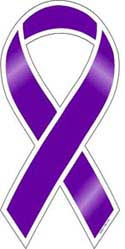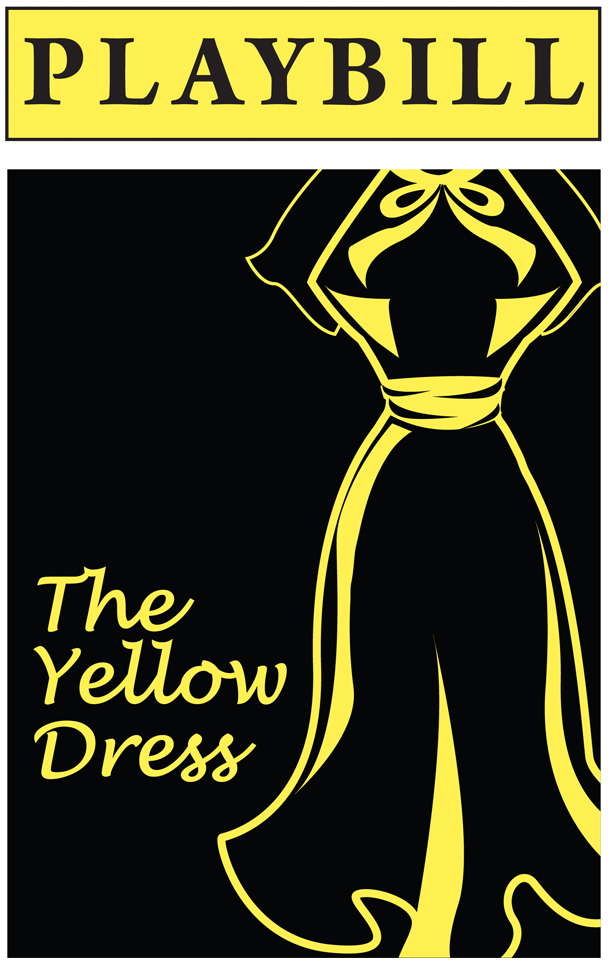Posted: 9/23/2014
Love Gives
by Jessica Felix Jager, MSW, Licensing Specialist
Love Never Claims
Ghandi expressed the essence of love when he made one of the most simplistic yet profound statements, “Love never claims, it ever gives...” (Frank, 2001).* This statement merely suggests: love that claims, isn’t really love at all. To claim something, one asserts, declares, and alleges the item or person in question belongs to them for one reason or another. Many hold the belief that love is a choice, even among the cultures where arranged marriages still exists. In his book, The Four Loves, C. S. Lewis discusses some of the different loves described in Greek thought: familial or affectionate love (storge); friendship (philia); romantic love (eros); and spiritual love (agape) in the light of Christian commentary on ordinate loves.
Choosing to love others, showing love and compassion unconditionally, that perhaps is a choice. In terms of a romantic love, Eros, love may be seen as more than a choice, it just happens, appears, and bewitches. Is that kind of love a choice? Many have formulated theories to make sense of love and our humanistic responses to love. Regardless of how love happens, one fact remains: love never claims, it gives.
Could it be that Ghandi is simply suggesting we choose to love, not necessary who to love, but simply to love?
Teen Dating Violence
Abusive relationships and domestic violence are not just problems found among adults; they are becoming growing problems among teenagers as well. These relationships are self-seeking, claim, and rarely give. According to statistics from thesafespace.org, one in three adolescents have been or will be involved in an abusive relationship and nearly half of teenage girls, ages 14-17 know someone their age who has been hit or beaten by their partner.
One quarter of high school girls have been victims of physical or sexual abuse.
According to the CDC (Center for Disease Control and Prevention 2014), violence is related to certain risk factors. Risks of having unhealthy relationships increase for teens who:
- Believe it's okay to use threats or violence to get their way or express frustration/anger.
- Use alcohol or drugs.
- Can't manage anger or frustration.
- Hang out with violent peers.
- Have multiple sexual partners.
- Have a friend involved in dating violence.
- Are depressed or anxious.
- Have learning difficulties and other problems at school.
- Don't have parental supervision and support.
- Witness violence at home or in the community.
- Have a history of aggressive behavior or bullying.
Why Abuse Occurs
Reasons for abuse in relationships among teens can vary from mimicking behaviors they have been exposed to in the home to vast exposure in the media and on the internet pertaining to violence. In today’s society where information is at readily available at one’s finger tips, it is more difficult to sensor and protect the younger generations from the exposure to violence, even when violence is not being demonstrated in the home. Drug use is also associated and linked to abuse. Teenagers who are heavily involved in drug abuse are often also in relationships which lead to abuse on some level whether it be physical, sexual or emotional.
Prevention
 Dating violence can be prevented when teens, families, organizations, and communities work together to implement effective prevention strategies. Prevention is the key to safety and ensuring healthy relationships. Looking for warning signs will help in making the decision whether or not a person is safe to open up to and ultimately love. Drafting up a safety plan is another preventative measure that can help with knowing what to do when put in an uncomfortable situation.
Dating violence can be prevented when teens, families, organizations, and communities work together to implement effective prevention strategies. Prevention is the key to safety and ensuring healthy relationships. Looking for warning signs will help in making the decision whether or not a person is safe to open up to and ultimately love. Drafting up a safety plan is another preventative measure that can help with knowing what to do when put in an uncomfortable situation.
However, prevention will not be effective for those currently in abusive relationships, but can help for any future relationships. Many have found themselves in relationships wondering how they got there and when things changed. Regardless of what situation one is in, something must be done. To remain where love claims and does not give, is to remain bound and tied down, wishing for a safe way out. Below are resources and information produced by the CDC to help individuals facing teen dating violence:
Publications
Additional CDC Resources:
Additional Federal Resources:
Hotlines:
Resource Centers:

Local Awareness: The Yellow Dress
Heartland for Children is passionate about bringing awareness of dating violence among teens to the Tri-County (Polk, Hardee and Highlands) schools in an effort to decrease the occurrences. Through performances of the Yellow Dress, a one-woman play that is focused on the prevention of teen dating violence, written by Deana's Educational Theater, Heartland for Children not only brings awareness of the matter, but provides resources teens can utilize for help.
If you are interested in how to schedule a performance of the Yellow Dress at your school please contact Chase Webber at (863) 519-8900 x 294.
References
*Full quote from Ghandi: "Love never claims, it ever gives; love never suffers, never resents, never revenges itself. Where there is love there is life; hatred leads to destruction."